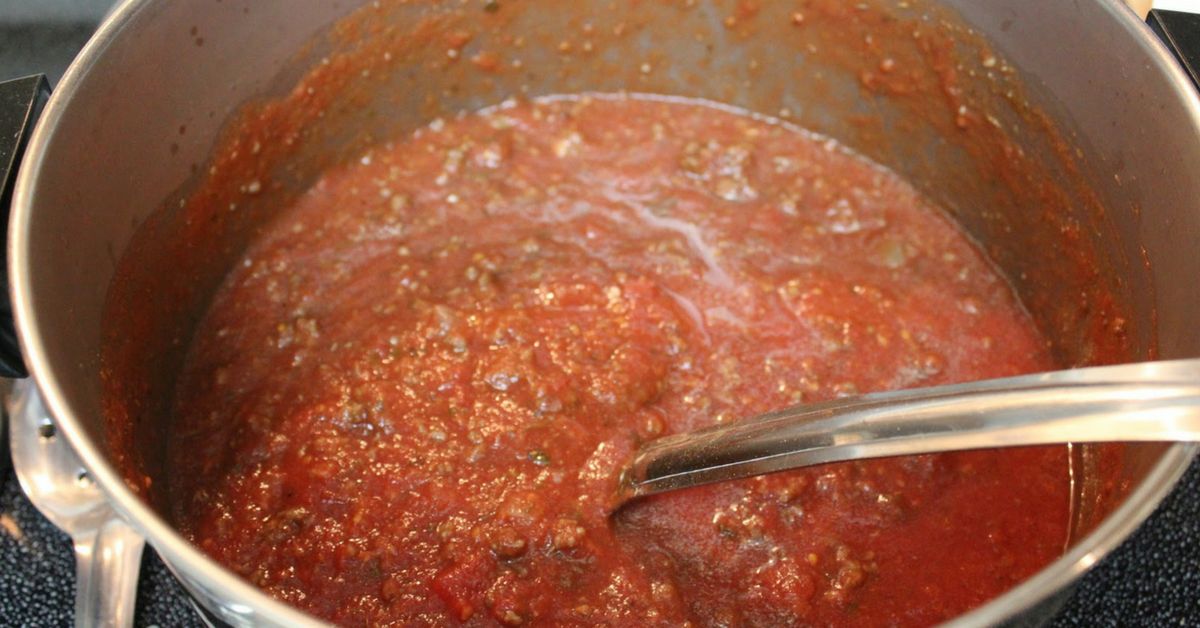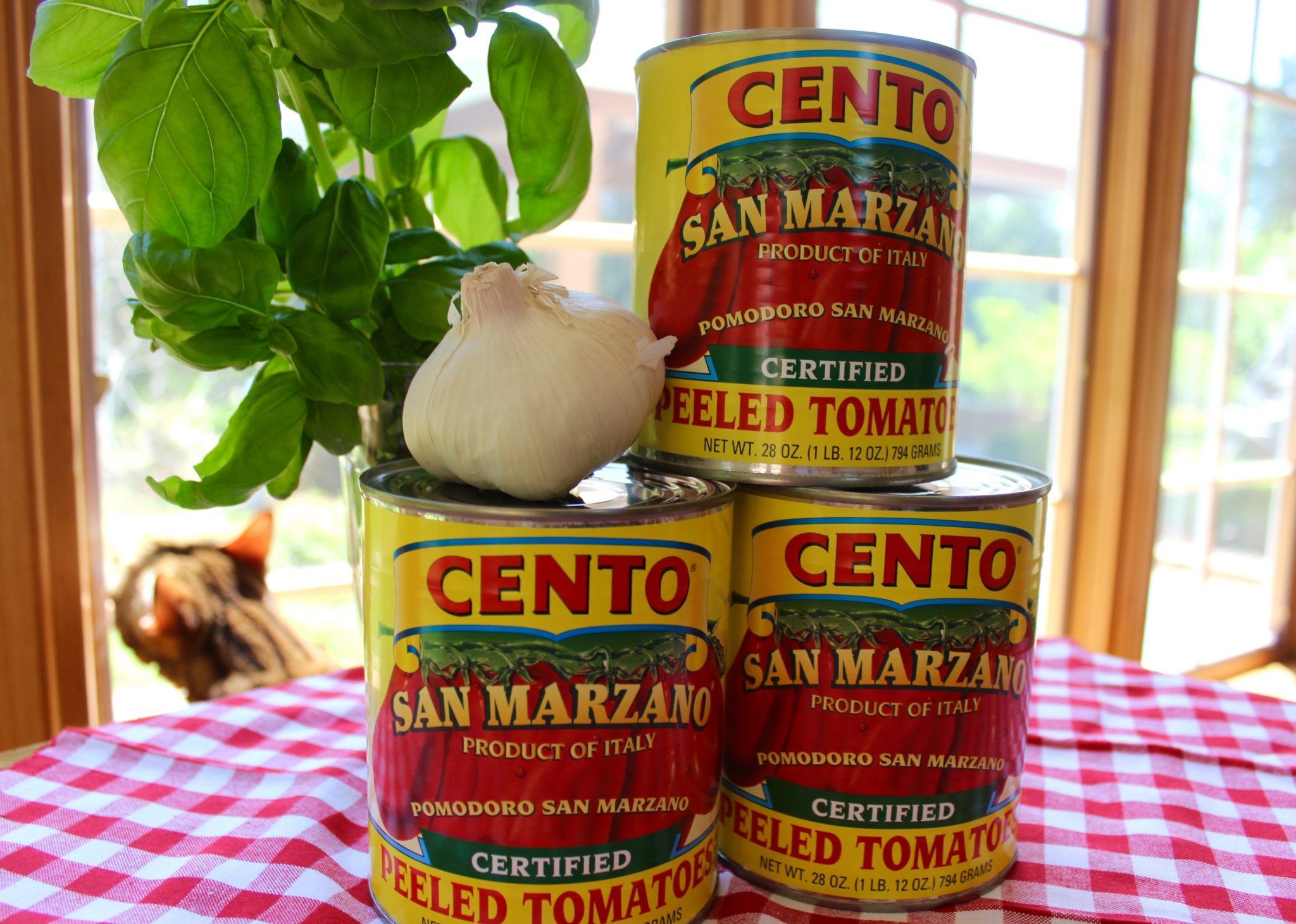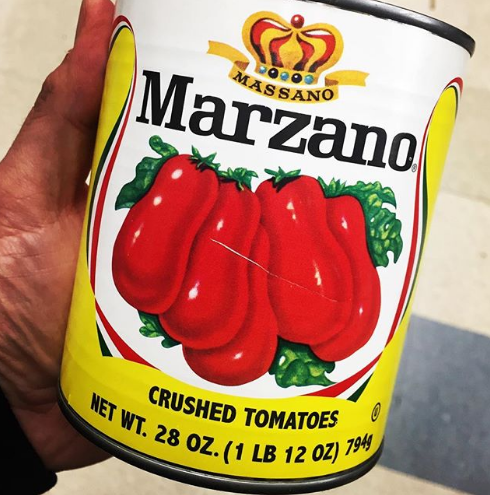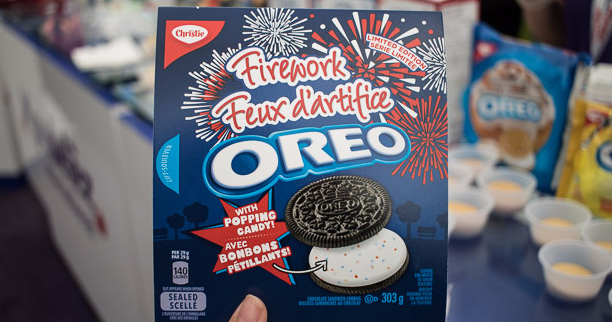In my childhood home, our cupboards were stocked to the brim with canned San Marzano Tomatoes.
A staple in our household, my mother used this brand in all of her famous tomato-esque recipes, including spaghetti, soup, and salsa to our family's delight.
Imported all the way from the base of Mount Vesuvius in Italy, these plum tomatoes are grown "in rich volcanic soil." They taste sweet and tangy, and are less acidic than their Roma counterparts. These particular tomatoes are so pristine, they're the only kind used for a traditional Neapolitan pizza.
However, for tomatoes to be classified in the San Marzano brand, they must be grown in the Agro Sarnese-Nocerino region of Italy, and must have a Protected Designation of Origin (or better known as DOP) label on the packaging to symbolize its authenticity.
However, this is where things get tricky.
Unlike the Italy, the organic produce in the United States isn't regulated, nor do they note the DOP markings either. This means that companies can slap on the label on any can of tomatoes and say they're authentic San Marzano products.
But, how many of these canned tomatoes are real? Well, back in 2011 the President of Consorzio San Marzano told Italian importing company, Gustiamo, that 95% of the canned tomatoes sold in America are fake.
So, now that you know there are an overwhelming amount of knockoffs how can you tell if your canned San Marzano Tomatoes are authentic?
As devastating as it can be to learn your beloved cooking ingredient may have been a knockoff for years, there are three solutions for people to determine if their San Marzano Tomatoes are real.
First, look at the price. According to Taste, a real can of San Marzano tomatoes is going to cost you about $5. Unless there are specifically advertised sales, anything cheaper most likely isn't credible.
Secondly, the can must say "Pomodoro San Marzano dell'Agro Sarnese Nocerino" on them. If it only says DOP, there isn't any confirmation it's legitimate.
"We see all these crazy, sketchy things," Danielle Aquino Roitmayr, an employee at Gustiamo said. "Italians will send tomatoes to the U.S. with no label, and companies here will put a DOP label on. In America, you can't put a USDA Organic label on anything, but DOP is not regulated here."
Finally, when you buy the canned good, be conscious that real San Marzano tomatoes are never chopped, diced or puréed.
Will you still be picking up canned San Marzano Tomatoes off of your grocery shelf?
[H/T: Taste]



